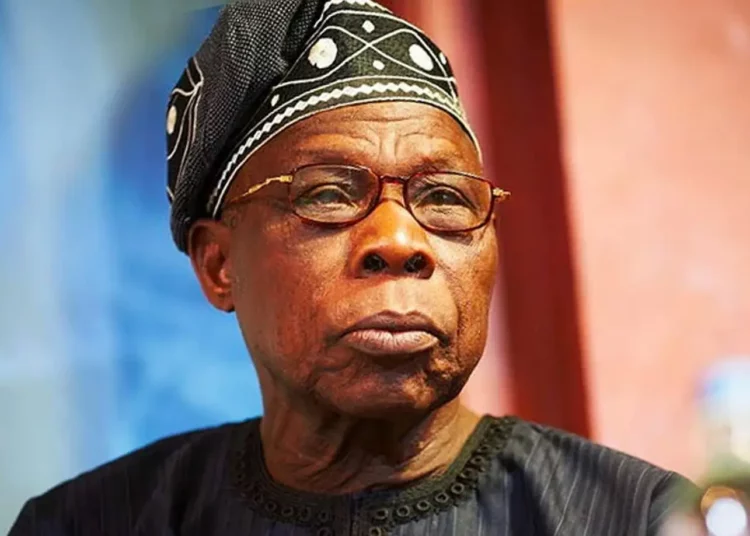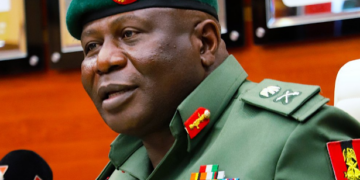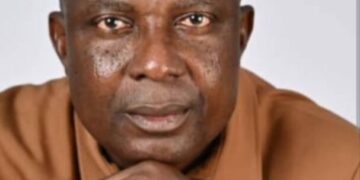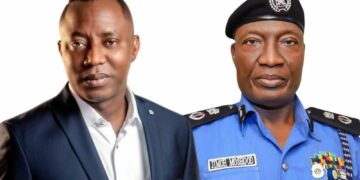Former President Olusegun Obasanjo stated on Monday that during his tenure as Nigeria’s Head of State, the late US President Jimmy Carter would not take action in Africa without consulting him. This remark seemed to address the recent controversy surrounding President Donald Trump’s threats of military intervention in Nigeria.
In a series of posts on X from October 31 to November 1, Trump condemned the ongoing violence in Nigeria, declaring that the US was prepared to send military assistance if the Nigerian government failed to curb killings by jihadist groups. His comments have elicited mixed reactions from the Nigerian government and various leaders and religious organisations.
The Nigerian government rejected Trump’s allegations, asserting that the country’s security challenges affect all religious communities.
Speaking in Abeokuta, Ogun State, at the Presidential Youth Mentorship Retreat (6.0) organised by the Youth Development Centre of the Olusegun Obasanjo Presidential Library (OOPL), Obasanjo tactfully reflected on how the US under Carter regarded Nigeria highly, without directly addressing the current situation.
Obasanjo and Carter, who passed away in December 2024, were close friends. Earlier this year, Obasanjo held a memorial service in Abeokuta to honour Carter, praising the late president, who lived to the age of 100.
Obasanjo noted that since Nigeria’s independence, the world and the US viewed Nigeria as a leader in Africa, a status that diminished before the Muritala-Obasanjo military regime restored it. He recalled that Carter would inform the Nigerian government of any actions taken in Africa, even if they did not seek formal approval.
“When I was president, three American presidents visited Nigeria. They recognised our potential as a leading nation in Africa. While they did not seek our permission, they would inform us of their intentions,” Obasanjo reminisced.
He emphasised that young military leaders, including himself, were motivated by a desire to liberate Africa and Nigeria. “We were idealistic and driven by our ambitions for Nigeria, not by financial gain,” he said.
The retreat, themed “Africa and the Conflicts in Europe and the Middle East,” attracted youths from across Nigeria and other African nations. During the session, Obasanjo urged African youths to be proactive in leadership roles, warning against the dangers of leaving their future in the hands of current leaders.
“You’re leaders of today, not tomorrow. If you allow today’s leaders to dictate your future, they will ruin it,” he cautioned. He cited the advanced age of leaders like Cameroon’s Paul Biya, stating that it was time for the youth to take charge.
Obasanjo encouraged young people to leverage their numbers to secure leadership positions and expressed concern that some youths in government had not demonstrated that they could be trusted with leadership responsibilities. He noted that since his presidency, no US president has visited Nigeria.





